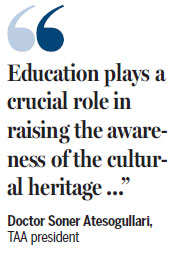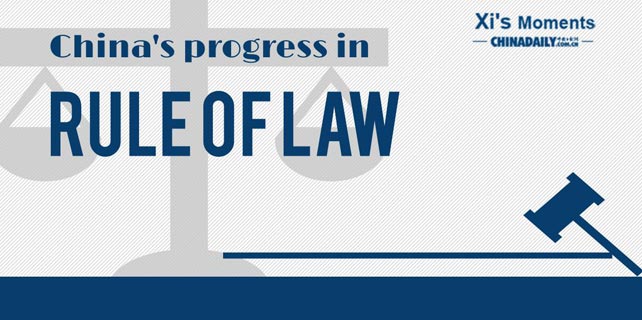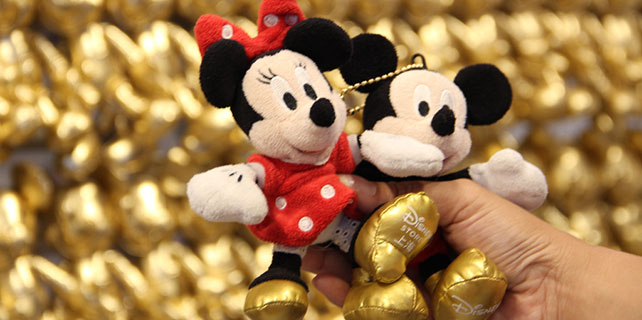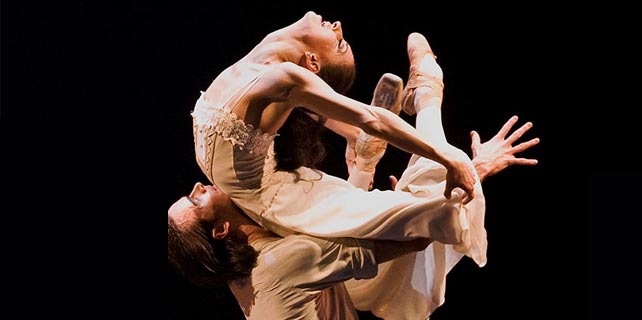Turning detective in hunt for artifacts
Turkey's legal quest for return of relics is beginning to bear fruit
ANKARA - Turkey is seeking the return of thousands of historical artifacts that were smuggled out of the country during the Ottoman Empire.
And there are signs that the strategy is beginning to pay off.
One of the pieces is the Roman sarcophagus of Hercules, which was ruled to be returned to Turkey by a Swiss court in 2015. It is expected to arrive back in the country this week.
The sarcophagus is believed to have been sculpted around AD 2 in the ancient city of Dokimion (today known as Antalya) when the area was under Roman rule. It was smuggled out of Turkey in the 1960s, according to officials.
The artifact, which depicts the 12 labors of the legendary Hercules, was on display at the Geneva University Museum of Arts and History. It will be delivered to the Antalya Museum where it will be displayed.
Turkey, more than other countries, has lost many of its ancient treasures to thieves and the black market.
It has adopted a more assertive policy in the pursuit of its stolen history, training custom officers to identify the stolen artifacts and compiled a more efficient and up to date catalog of thousands of pieces in the hands of foreign country's collections.
Turkey began the legal process for the retrieval of numerous artifacts in 2003.

Safe return
The newly appointed Culture and Tourism Minister Numan Kurtulmus explained last week to reporters that Turkey was working as a "detective" to ensure the safe return of the country's stolen cultural property and that comprehensive efforts were under way regarding 55 major artifacts that were in the hands of 17 different states.
"Legal and diplomatic efforts are being exerted in order to get these artifacts back. Our experts are working like detectives and scrutinizing every lead possible in many countries," he said.
In collaboration with the Foreign Ministry, the Culture Ministry is tracing the origins of artifacts on display in museums or up for auction sale, the minister said.
Because of Turkey's efforts and a powerful antiquities bureaucracy, thousands of artifacts have been returned. A total of 4,269 objects were brought back between 2003 and 2016, according to figures released by the Culture Ministry.
While praising the government's efforts, experts believe that a global coordination and especially a cultural awareness is needed in a country that hosted so many civilizations such as the Greeks, Romans, Sumerians, Hittites, Byzantine and Ottoman empires.
"We think that the government is doing a good job but it is not enough. Education plays a crucial role in raising awareness on the cultural heritage of Turkey," said Doctor Soner Atesogullari, president of the Turkish Archeologists Association.
"The artifacts stolen in the past are long gone but we should fiercely preserve what we have left and teach our children that this historical richness is part of who we are today."
The 3,300-year-old Bosporus village Sphinx, the antique Greek Heracles sculpture's upper half and the winged sea horse broach are some of the stolen Turkish treasures that have been brought back in recent years.
However, experts warn that the fight has only just started and may go for many years.
Xinhua
(China Daily 09/07/2017 page10)









